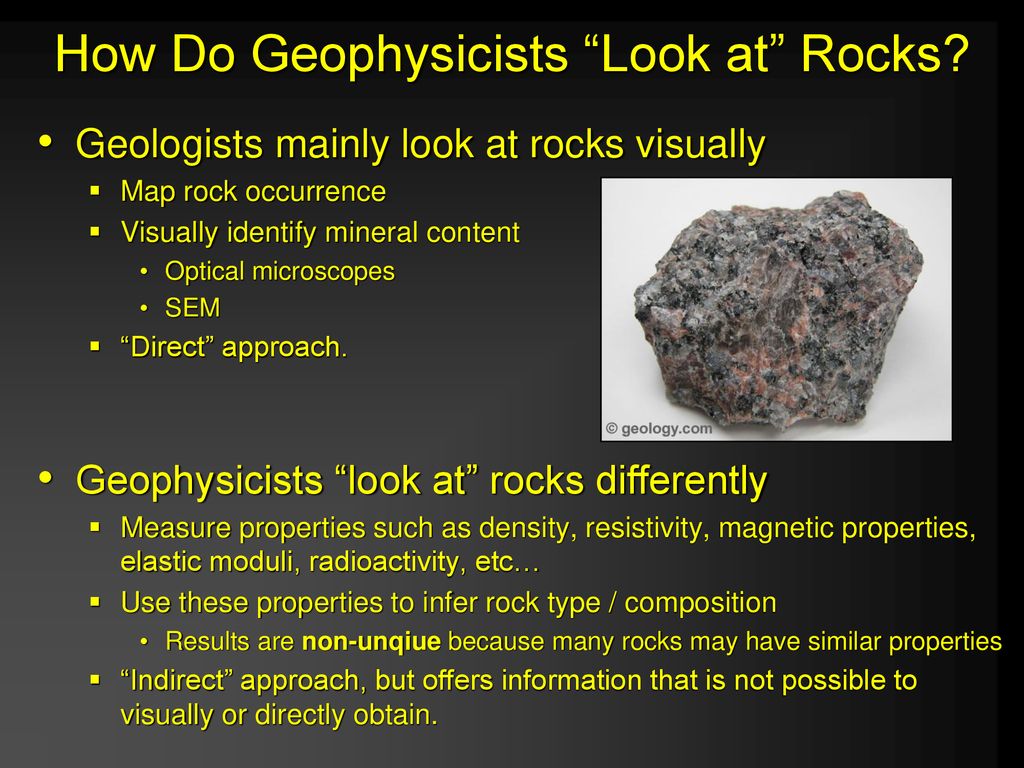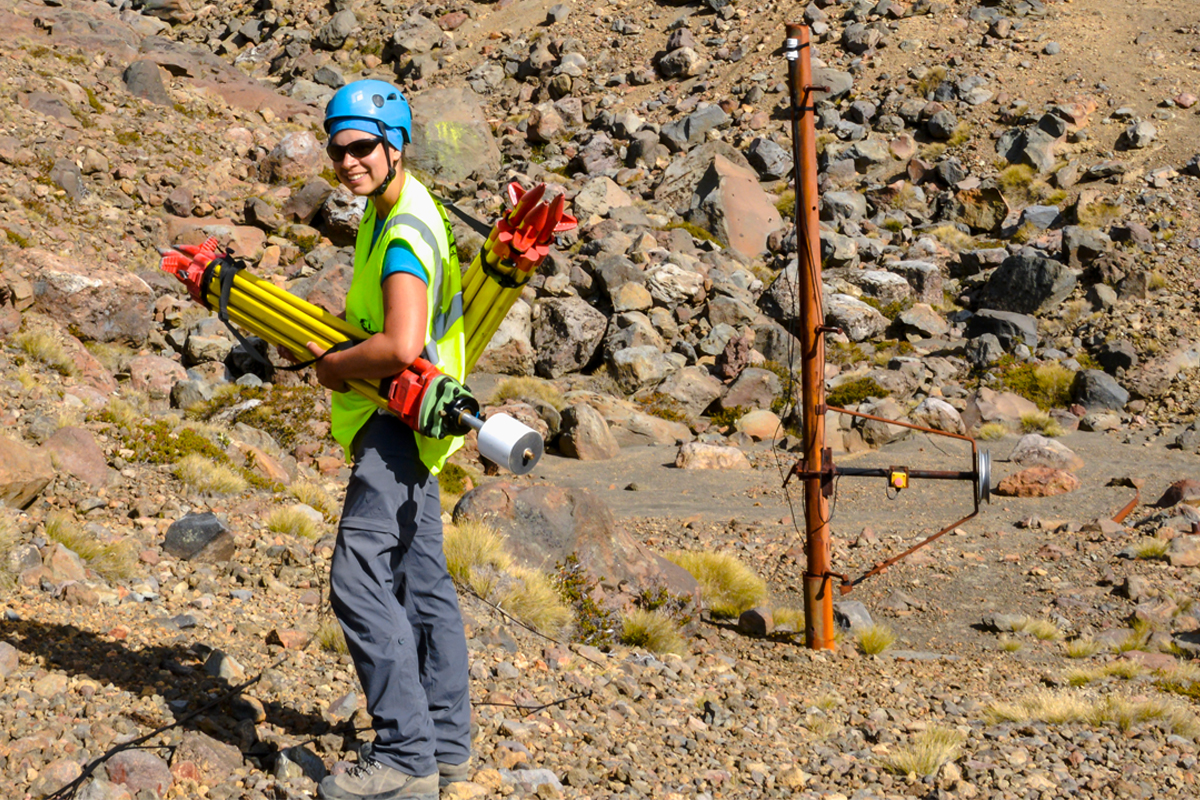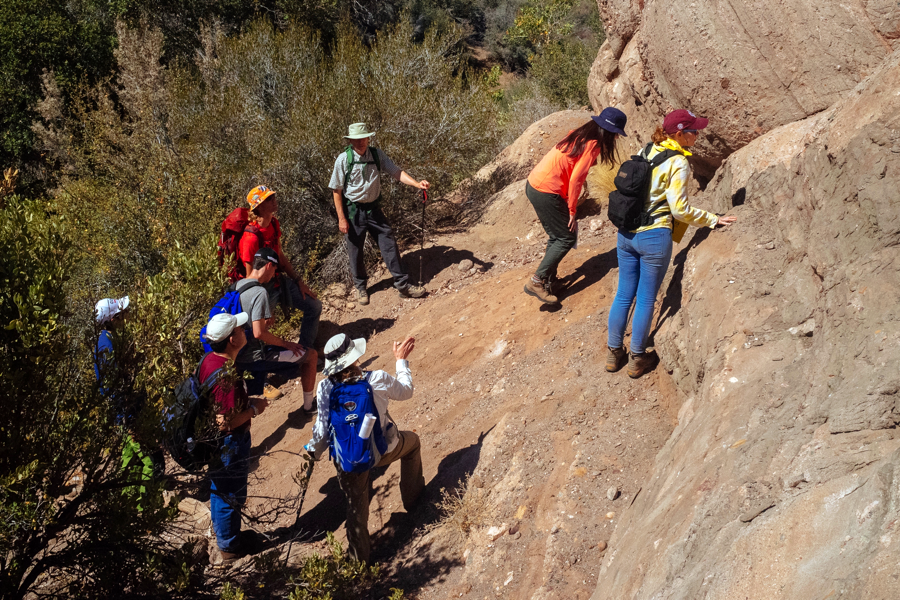All Categories
Featured
Table of Contents
Geophysicist: Job Description, Duties And Requirements in Kardinya Oz 2023
This work is increasingly contracted out, so consultancies supply another source of work. Consultancy companies vary in size, from really little companies to big multinationals. Some consultancies are quite specialised in utilizing particular geophysical strategies or operating in specific areas, while others provide a more diverse variety of services to their clients.
The extraction of gas from land fill sites is another location of employment and this may grow in the future. Exploration companies may carry out work for construction companies, water business, mining business and environmental firms, so geophysicists may be utilized in any of these settings. Other companies include: geological surveysgovernment bodies and agenciesuniversities and research study institutes.


Jobs may be noted in the oil and gas sector press. Recruitment is impacted by oil price variations and the level of competition for positions varies depending on this. Careers Days, which cover the complete range of geoscience careers and are generally participated in by a number of key market employers, are run by The Geological Society.
Geophysical Surveying - Methods And Applications in Beechina Oz 2023
A few of the big oil and gas business provide a complete two-year structured training programme across the breadth of geophysics, consisting of the opportunity to experience work in numerous groups prior to specialising in one area. Your training may include work on: existing wellsmagnetic and gravitational possible field information analysisresearchrock analysis. It's more typical for your initial training to be offered on the job.

There might be a probationary duration during which you work alongside an experienced coworker. Competency-based appraisals take place regularly in many companies. In smaller firms, and for scholastic posts, there is unlikely to be any formal training - you'll be anticipated to begin work straightaway and get abilities as you go along.
If you work for a smaller business, you may discover that you need to take responsibility for setting up and funding your own advancement and training. If you have a geology degree, membership of The Geological Society can be beneficial for networking and for maintaining to date with the industry.
Standard And Guidance For Archaeological Geophysical ... in Guildford WA 2023
You may also discover it helpful to sign up with the PESGB (The Petroleum Exploration Society of Great Britain, which has a geophysics unique interest group. After a probationary period, and once you've gotten some experience, you could advance to senior geophysicist, then group leader and then into a senior function in management.
The ease of motion between roles depends upon the business structure. Study at Masters or Ph, D level in a subject related to geophysics or geosciences might assist with your career development and progression. The employment market within the oil and gas industry is really depending on price and this might impact your opportunities for profession progression.
For knowledgeable geophysicists, freelance consultancy offers an excellent path for career development. As a geophysicist, you're likely to have numerous jobs throughout your working life.
Geophysics in Leederville Australia 2023
From geophysics, it's possible to focus on seismology (finishing more training to become a seismic interpreter) or to move into related locations such as engineering geology or threat prediction.
Deciding what to study in college is a tough option. Even if you understand that your field of interest lies in science, what program of research study is ideal for you? If you make the choice to significant in physical and biological sciences and pursue a profession as a geophysicist, you're getting ready for an amazing and profitable occupation.
But the primary step to accomplishing your goal of ending up being a geophysicist is earning a degree. Even for entry-level positions in the field of geoscience, you'll need a bachelor's degree (a geophysicist college degree) from a certified college or university. Some research study positions require prospects to hold master's degrees or even Ph.
What Does A Geophysicist Do? in Swanbourne Australia 2023
Postgraduate degree are especially crucial if you plan to teach at a four-year institution. Geophysicists use physics concepts and techniques to study the gravitational, magnetic, and electrical fields of the earth. This enhances researchers' knowledge of both the planet's interior core and its surface area. Geophysicists need to be able to: analyze rocks, photos, and other pieces of data conduct research both in the field and in labs develop maps and charts of their findings write reports To achieve all this, students need a specialized education for geophysicist professions.
As stated above, you'll require a bachelor's degree in geoscience or an associated discipline, such as a physical science or a natural science, to land an entry-level job. Students can likewise prepare by majoring in topics like: Biology Chemistry Computer science Engineering Mathematics Physics The above geophysicist majors offer a more generalized technique to a single scientific discipline, but many programs need students to take one or more geology course.
Table of Contents
Latest Posts
Geophysics, Engineering Geophysics And Applied ... in Carmel Western Australia 2023
Airborne Geophysical Surveys Of The Lower Mississippi ... in Balcatta Oz 2022
Working As A Geophysicist And Oceanographer In Canada in Cannington Australia 2023
More
Latest Posts
Geophysics, Engineering Geophysics And Applied ... in Carmel Western Australia 2023
Airborne Geophysical Surveys Of The Lower Mississippi ... in Balcatta Oz 2022
Working As A Geophysicist And Oceanographer In Canada in Cannington Australia 2023